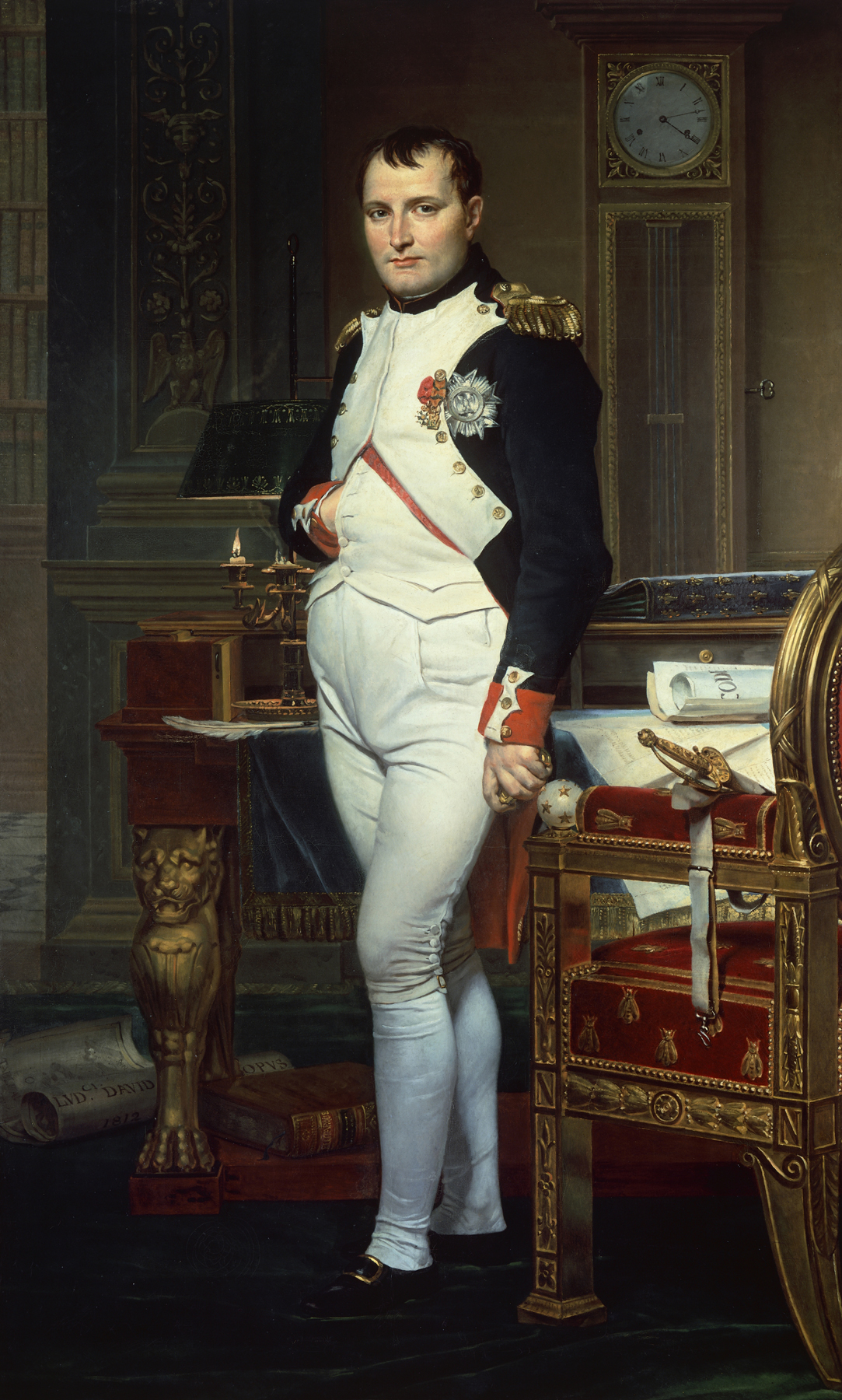Emperor is the ruler of an empire—a group of nations or states. A king usually rules only one area or people, but an emperor usually rules several areas or peoples. Both are rulers of a monarchy. A monarchy is a form of government in which one person who inherits, or is elected to, a throne is head of state for life. The word emperor comes from the Latin word imperator, meaning commander. Emperor represented a military command in early Roman times but later came to be the title of a ruler. After the fall of the Roman Empire in the West, in A.D. 476, the title passed out of use in Europe for several hundred years. In A.D. 800, Charlemagne had himself crowned “emperor of the Romans.” Since 1800, emperors have ruled China, France, Germany, Japan, and Russia at one time or another. The emperor of Japan, Naruhito, is the only modern day emperor, and his duties are largely ceremonial and symbolic. The wife of an emperor, or a woman who rules an empire, is called an empress.

